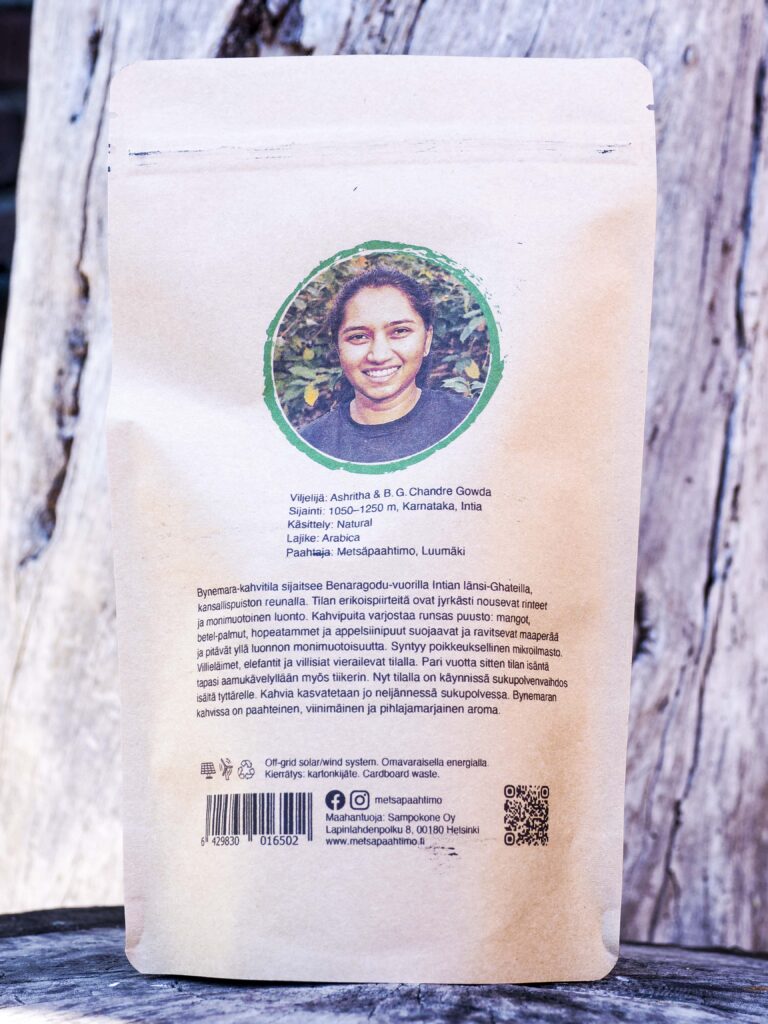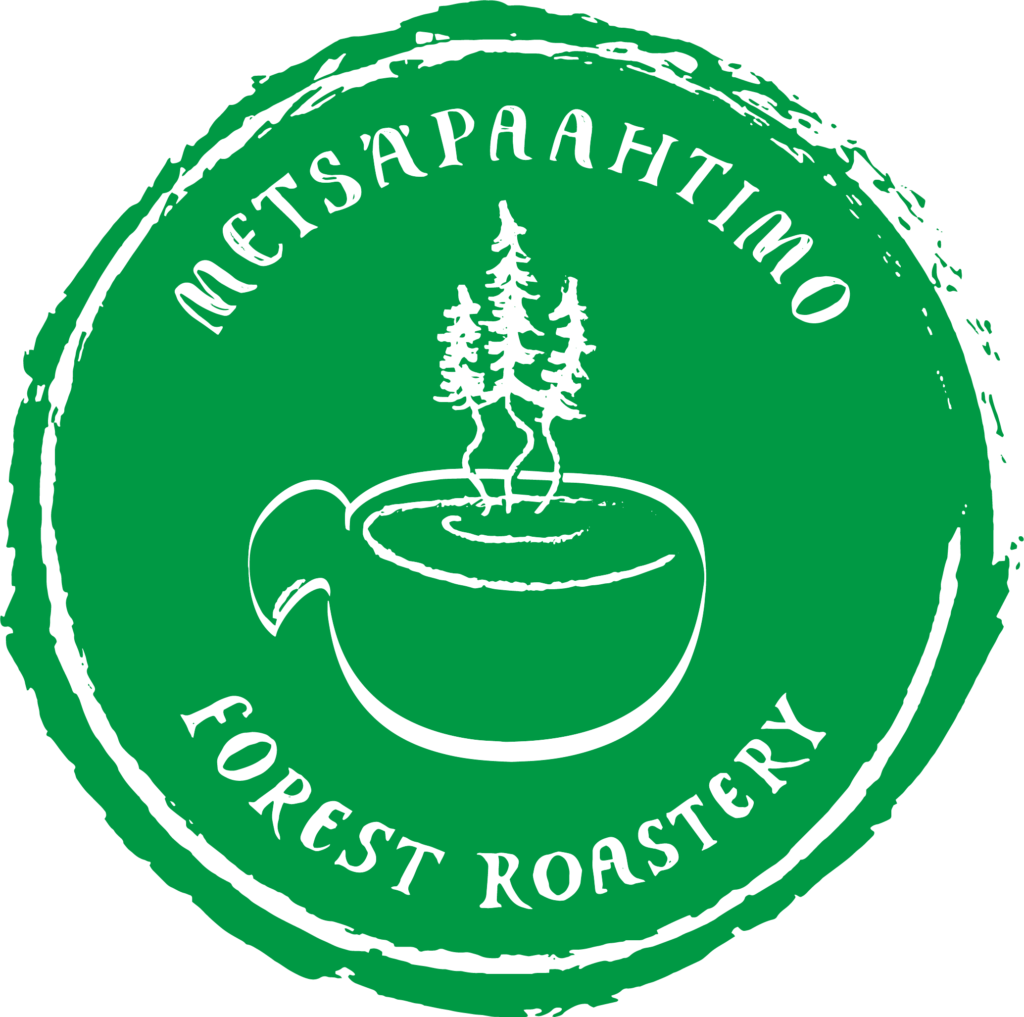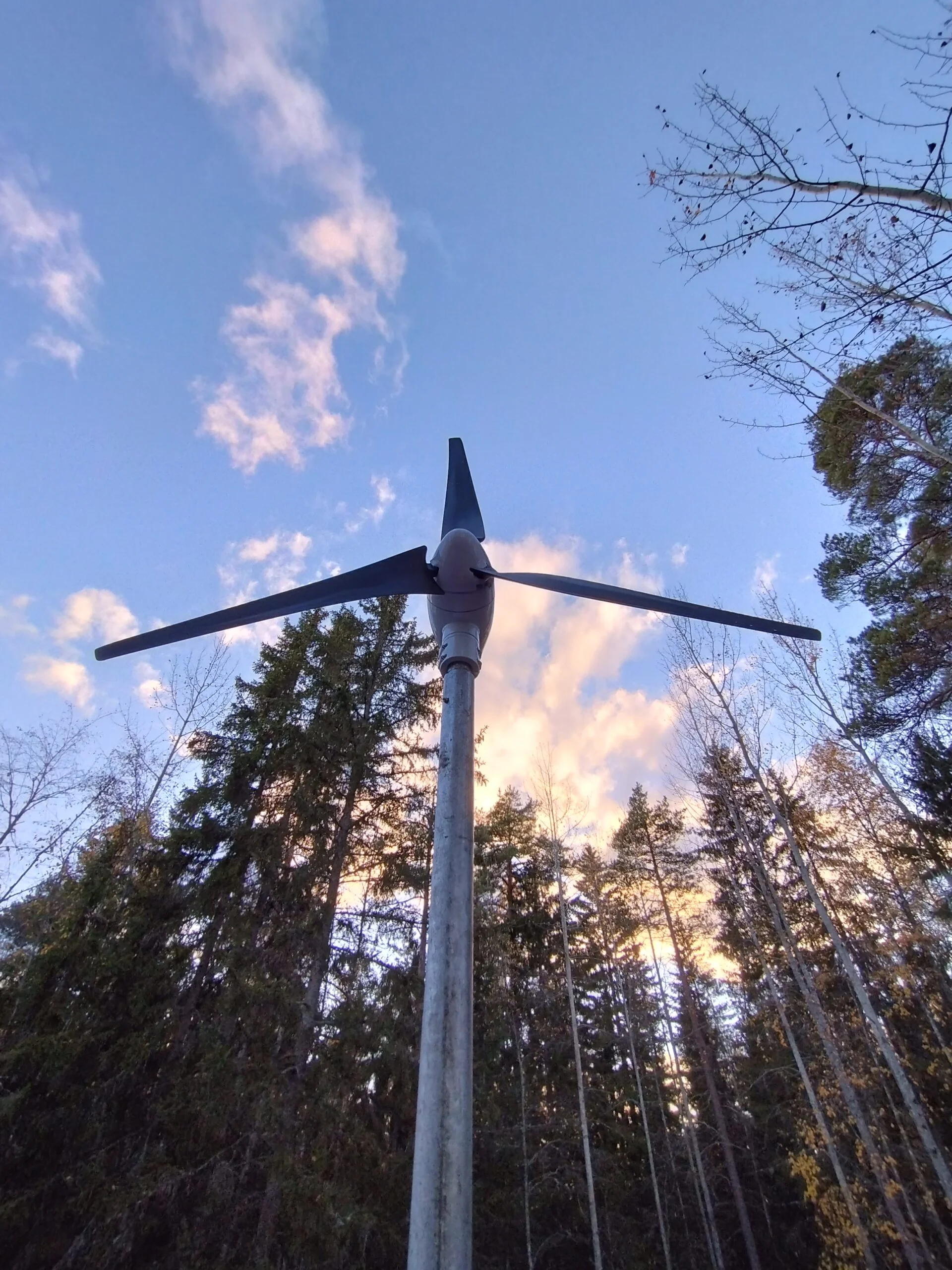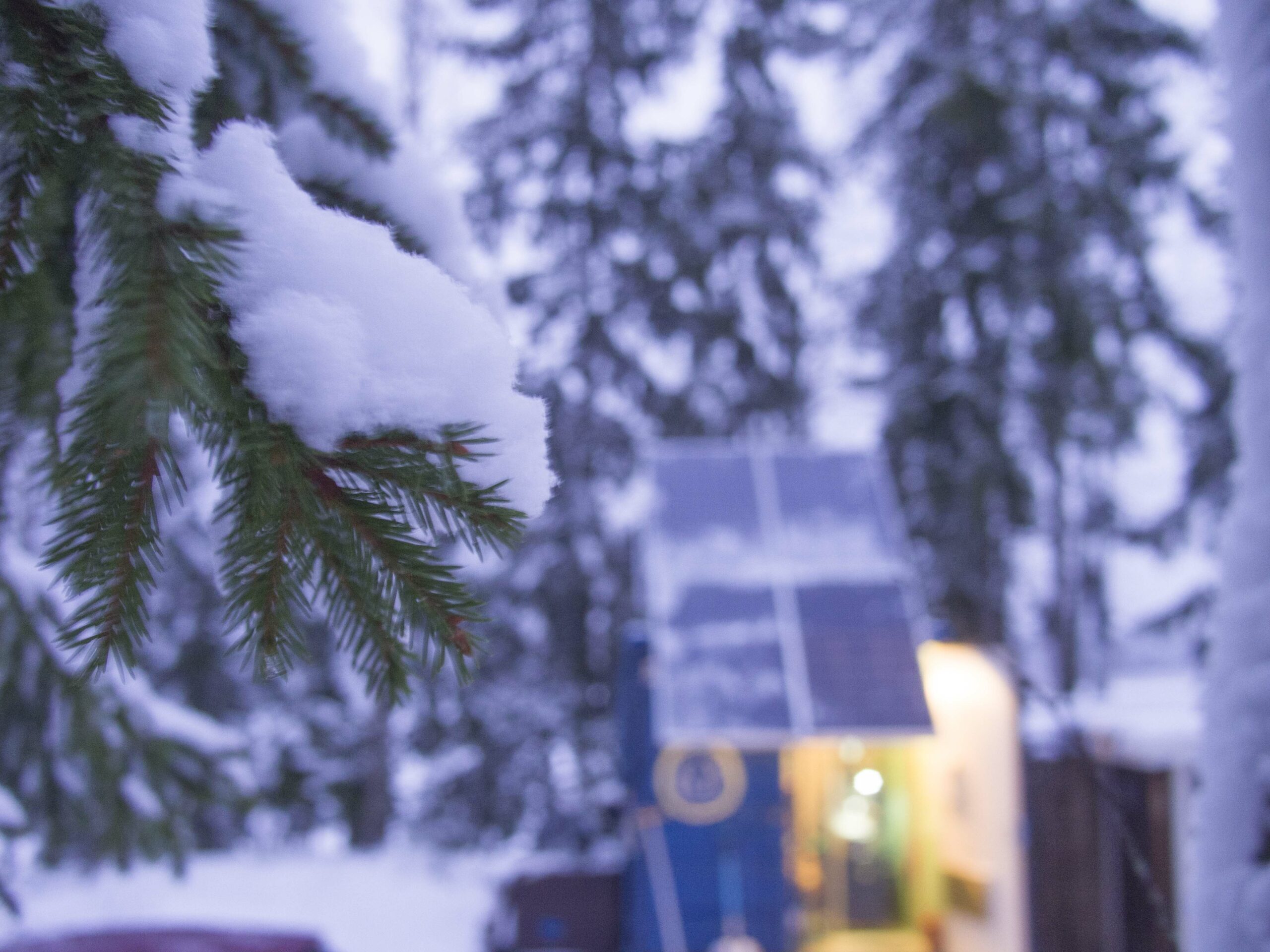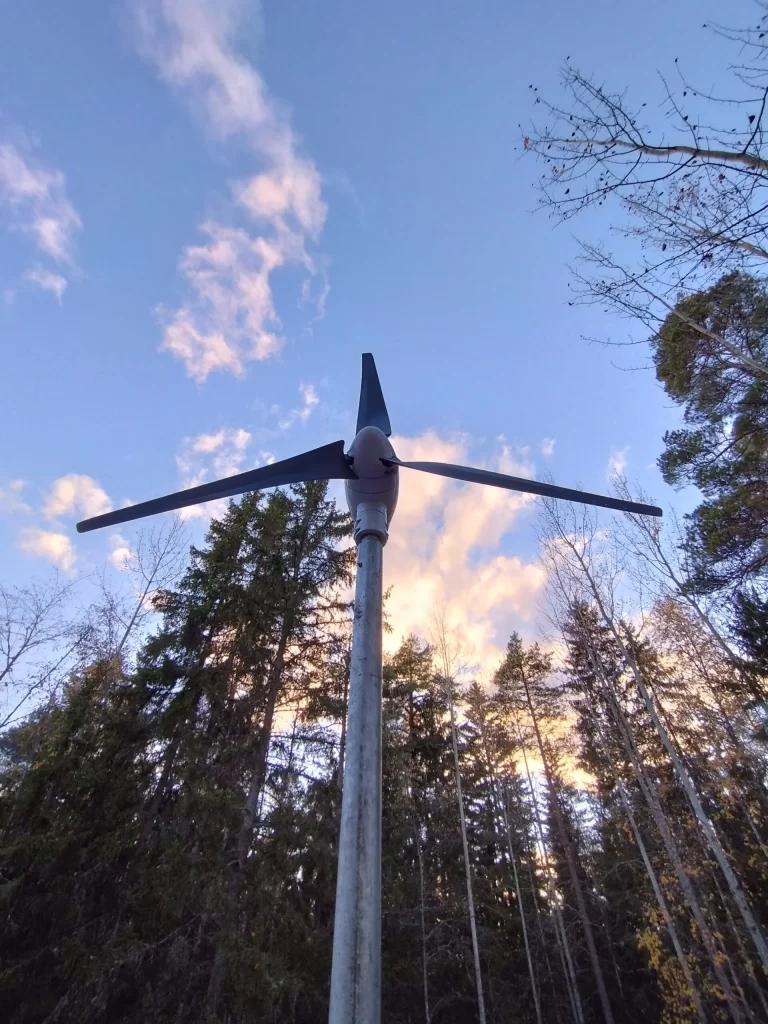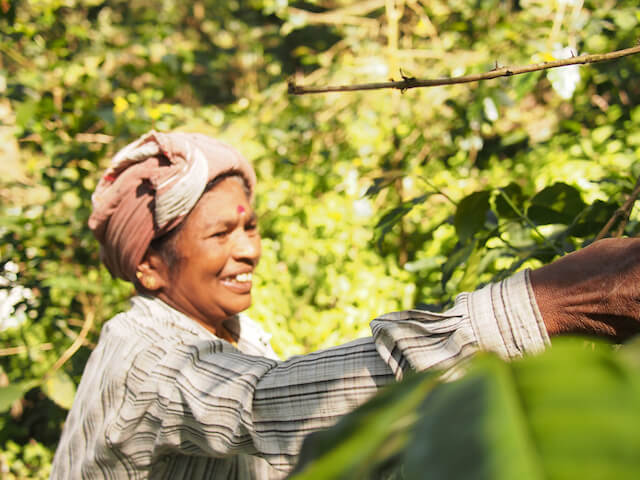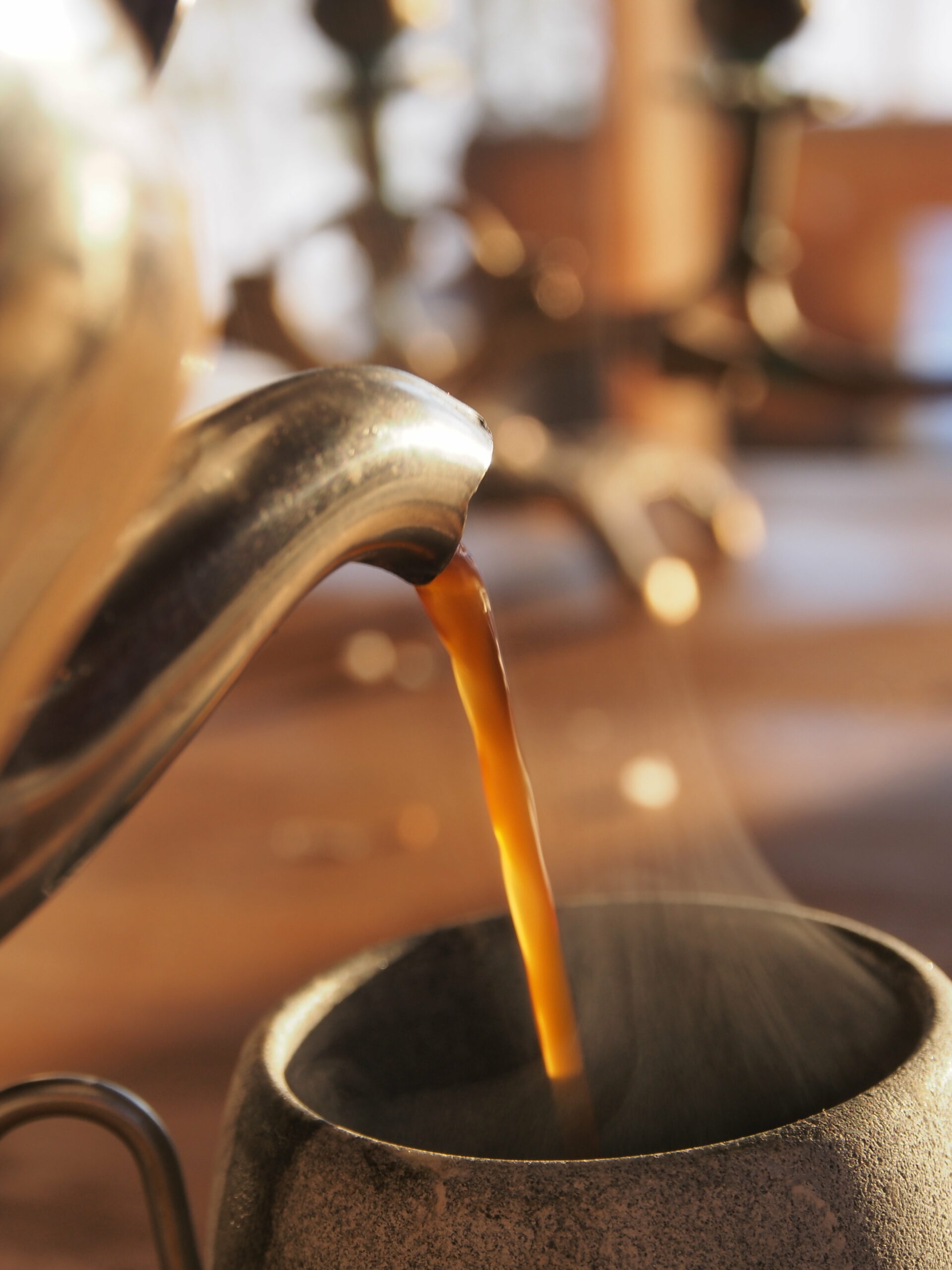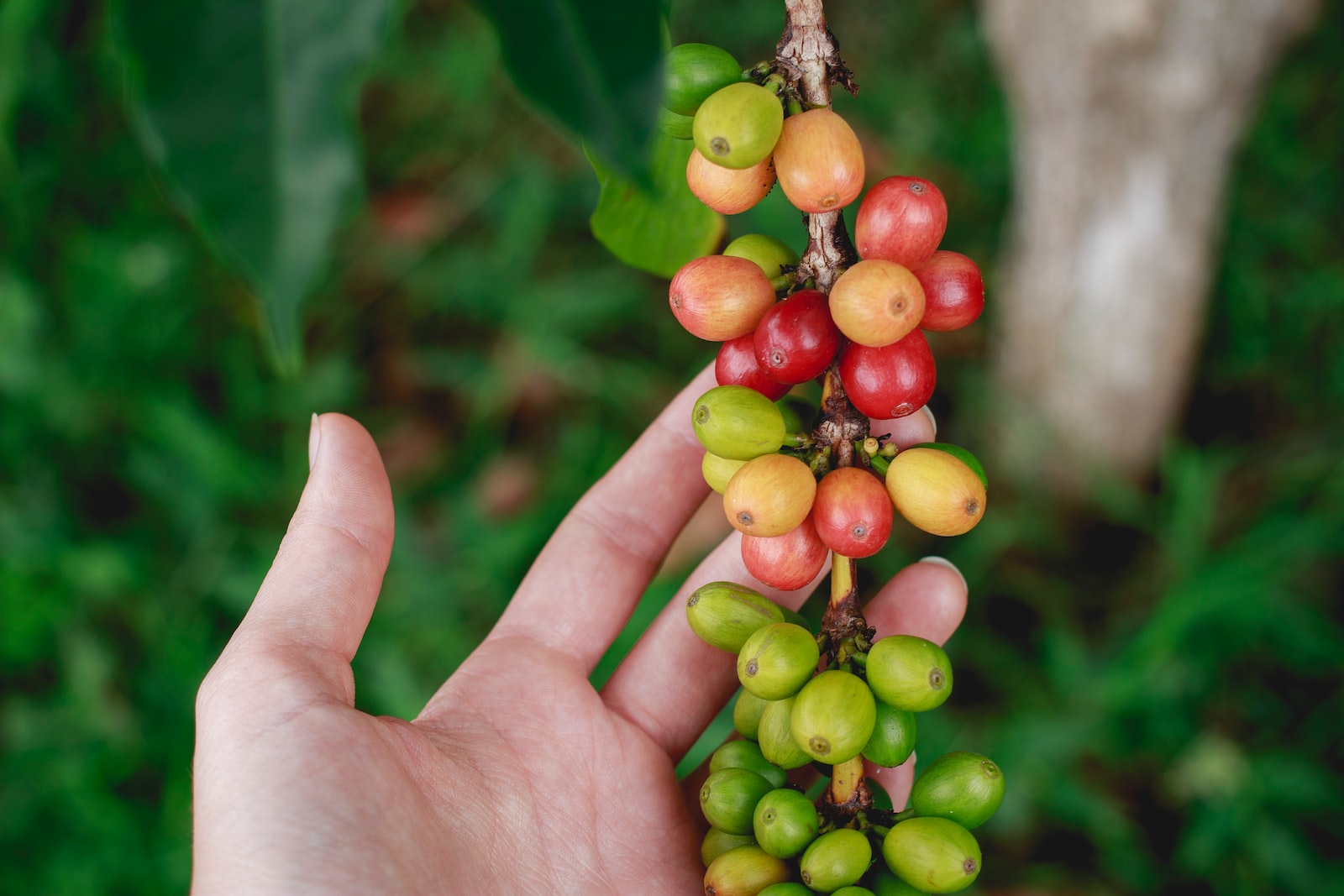For us, high quality coffee means …
Story & Values
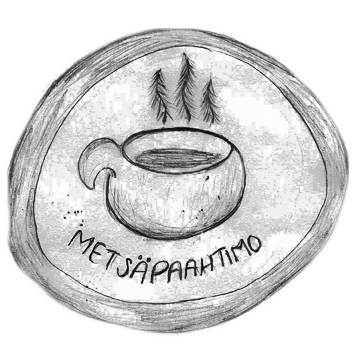
Our coffees are “single estate” coffees. This means that the origin of our coffee can be traced back to a single farm and farmer who produced it. The coffees we roast are often unblended, meaning you have the opportunity to experience the unique aroma of each farm’s coffee berry. You can find information about the coffee farms on the Coffee Import tab. Our chain from coffee tree to cup is unbroken in terms of value, and that includes Metsäpaahtimo’s operations.
Forest Roastery operates cleanly and self-sufficiently in South Karelia, Finland, on a lakeside surrounded by beautiful nature. The roastery, founded in 2018, has been built from the ground up on the principles of self-sufficiency, ecology and reasonable consumption. This has given us the opportunity to follow values and practices that echo tradition, and we believe that tradition is the standard and necessity of the future. We want to be the change, and the handmade DIY principle enables freedom and the free implementation of a progressive unique operating model and values. It also enables partial financial independence, Since that what you have created yourself, you can probably also fix yourself. We started our operations based on these values, which gave us a head start in ecology and ethics.
After the owner of this company returned from a 7-year study trip into the traditions of humanity, during which the lifestyles he learned on the trip had become part of his own life, it was time to start working for the benefit of other people. My partner Janita and I started two companies, the other one being Forest Roastery, that is more in line with Petter’s inclinations and life purpose. Janita finds it purposeful and in line with her inclinations to increase people’s well-being as a provider of yoga and therapeutic treatment methods. Forest Roastery focuses more on the production and concrete provision of material nutrition that increases well-being to a large number of people with a replicable concept, while Janita focuses on a more individual approach. Both companies support each other, and we both work together regardless of the company, because both operations are based on the same values and we are aware that separation is an illusion.
We are committed to maintaining our lead through personal development and concrete action, maintaining creativity, balance of mind, and diligent craftsmanship. Ultimately, the values of all companies are the combined intent of their owners, managers, and employees, which creates value capital. Thus, Forest Roastery is the sum of the values of its creators and is therefore forever changing.
Whatever we build, we have to take care of the five elements and work in harmony within these elements. The elements are earth, fire, water, air and water. The sixth element is the ether, but this is not something that man needs to take care of, although when resting in it, creativity and wholeness take place within the individual.
Coffee bag labelling
Coffee and packaging information
Degree of roasting
Bean or ground coffee
Packaging materials and recyclability
Best before and roast date

